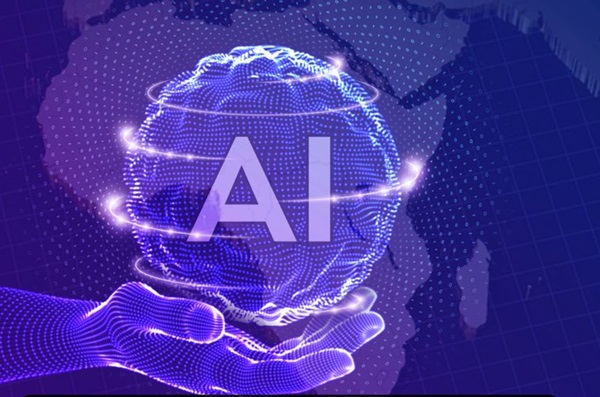
Cassava Technologies ups the ante with a dedicated AI business unit amid an anticipated spike in demand for custom AI trained on confidential corporate data.
SPECIAL REPORT | BIRD AGENCY | The recent launch of Cassava AI by Africa-focused technology firm, Cassava Technologies is one more sign that continent needs more custom AI solutions, according to technology analyst Martin Macharia.
“Africa pretty much like the rest of the world is witnessing the Blackberry-iPhone moment, where those who don’t adapt will soon find themselves obsolete,” Macharia said.
“We need a wider ecosystem of developers to make customisation more affordable.”
This follows a January Deloitte report showing that 79% of business leaders worldwide expect generative AI to transform their firms within the next three years, with many piloting generative AI projects.
Cassava chief executive Hardy Pemhiwa said the firm’s AI offering includes data centers, cloud services, cybersecurity, fiber connectivity, and renewable energy to meet the rising demand for advanced AI in 40 African states.
Already more companies across Africa are moving away from generic, one-size-fits-all models to develop bespoke AI systems that address specific business needs.
The shift is vital in sectors like finance, healthcare, and agriculture, where precision and data security are paramount drawing tech investors keen to capitalise on the fledgling market.
The trend towards custom AI solutions is being driven by the need for greater data security and the specific requirements of various industries.
Cassava is not alone in recognising the growing opportunity. Global tech firms are increasingly investing in Africa with major players like Microsoft, Google, and AWS expanding their AI footprints on the continent.
These companies are partnering with local enterprises to develop AI solutions that leverage both global expertise and local knowledge.
For instance, InstaDeep, based in Tunisia, is making strides with AI and machine learning solutions that cater specifically to African markets. The Tunisian AI startup received US$100 million in Series A funding in the first quarter of 2022.
In Ghana, Mazzuma has expanded its mobile payments platform to include MazzumaGPT, which allows developers to effortlessly generate smart contract code using natural language prompts.
Smart contracts are “digital contracts stored on a blockchain that are automatically executed when predetermined terms and conditions are met,” according to IBM.
DeepQuest AI, another significant player, focuses on providing AI-driven insights and automation solutions that are crucial for African businesses looking to streamline operations and enhance decision-making processes.
“We’re about to see a significant divide between early adopters of AI and those lagging behind. This will create a new dynamic in the African business landscape, where agility and innovation will determine who leads and who follows,” Machara said.
Customization in AI is significant for handling confidential information such as account numbers, emails, and addresses.
However, significant hurdles remain for many African companies. These include regulatory frameworks and a lack of significnat data. Also most Large Language Models (LLM’s) such as Chat GPT lack Africa-specific inputs.
These requirements offer new opportunities, however, according to Macharia. Businesses across African industries will need their own LLMs trained on their confidential data, attracting investors worldwide to plug the demand gap.
As large language model-driven AI chatbots become more widespread, Africa’s major telcos and banks are expected to adopt advanced API and Whisper versions, enhancing their service offerings.
It is a natural pivot for most firms, with the multinational consulting firm, PwC forecasting that the share of AI in the global economy could surpass US$15.7 trillion or roughly the size of China’s economy.
In Africa, it could account for more than $1.5 trillion or about half its current output, and this is only if the continent can capture 10% of the world’s AI market.
Moreover, with the increasing use of mobile devices in Africa, integrating AI and chatbots into financial services will allow customers to access financial services conveniently, even in remote areas where traditional banking services may not be available.
A 2022 State of AI in Africa report shows South Africa, Nigeria, Egypt and Kenya dominating this sector and AI impacting at least 120+ market segments across the continent.
“Privately owned SMEs or Micro-businesses make up 75% of this sector, 40% of which were founded in the last 5 years, showing the importance nation states need to place on supporting their local tech ecosystems,” it reads in part.
****
SOURCE: Seth Onyango, bird story agency
 The Independent Uganda: You get the Truth we Pay the Price
The Independent Uganda: You get the Truth we Pay the Price





